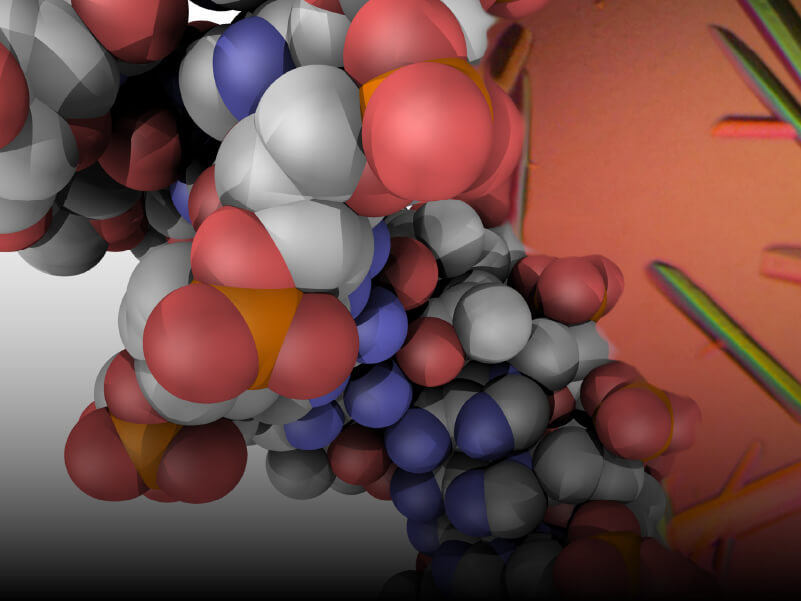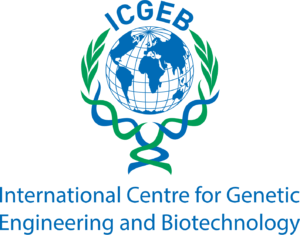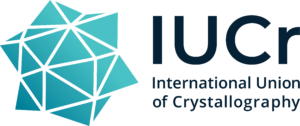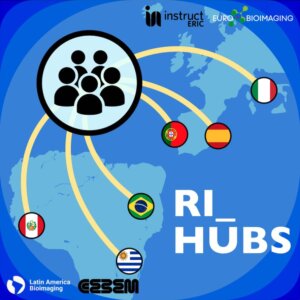
STRUCTURAL BIOLOGY 2.0 : integrating X-ray diffraction and modern computational tools
April 21 - 30
Montevideo, Uruguay
Applications close on 2 March
Rationale:
The borders among different approaches to do research in modern Biology, are quickly being blurred. This trend also holds in Structural Biology. Experimental data are increasingly combined with computational methods in each and every step of the way. This advanced workshop aims at filling in the gap, avoiding separate chapters for different techniques and instead mimicking real-life research, with these different components interacting all along the process.
The workshop will showcase how X-ray crystallography, AI-based prediction engines and molecular dynamics simulations, are intertwined to solve 3D macromolecular structures, and most importantly, to draw useful biological information from them.
Description:
The workshop will cover theory and hands-on practical work, the latter including tutorials and the students’ own data processing. The course will focus on X-ray crystallography as a powerful method to determine 3D
structures of macromolecules, with emphasis on diffraction data processing and map interpretation/model refinement. Along the process, from target selection to crystallographic refinement, state-of-the-art
computational approaches will be presented and used. The combination will showcase its power to evaluate structure quality and to analyze the models with a Biological Perspective. Theory and practice of modern
prediction algorithms (machine learning/deep learning, large language models) will be included, as well as an introduction to molecular dynamics simulation techniques.
The workshop is conceived for 20-25 attendees: advanced graduate students, postdocs and young researchers working in Structural Biology, Protein Science and related areas. Students that bring their own data (X-ray diffraction data, and/or actual novel protein structures to analyze) will be given priority.
The workshop will be full-time. Students will be allocated with individual personal computers and all needed software will be pre-installed and ready to use. The course will be open for applications from any country,
although priority will be given to applications from Latin American students.
We will count with the contribution of renowned researchers in the experimental and computational fields, to learn the theoretical bases of their methods, and to be guided through in-depth tutorials about their latest
software.
A common thread along the course will be the interest into study cases and practical application of Structural
Biology for biomedical purposes: molecular bases of health and disease, protein engineering with medical impact (modern vaccine design, drug discovery, molecular diagnostics).
Local organizers and tutors:
Alejandro Buschiazzo - Institut Pasteur
Montevideo IPM, Uruguay
Martin Graña - IPM, Uruguay
Nicole Larrieux - IPM, Uruguay
Ma. Natalia Lisa - Instituto de Biología
Molecular y Celular de Rosario, Argentina
Matias Machado - IPM, Uruguay
Felipe Trajtenberg - IPM, Uruguay
Ari Zeida - Medical School Udelar, Uruguay
Invited speakers:
Lucrezia Catapano & Paul Emsley - LMB-MRC, UK
Beatriz Guimarães - Fiocruz, Brazil
Jan Kosinski & Dimitry Molidenski - EMBL, Germany
Dorothee Liebschner - LBNL, USA
David Moi - Univ Lausanne, Switzerland
Matheus Ferraz - NEC Bio Therapeutics, Germany
Funding:
A limited number of scholarships will be available for selected students to cover travel and lodging. Non-Uruguayan applicants will be also asked to provide a ‘Scholarship request letter’ including a very succinct argumentation for why a scholarship is essential for their participation.
Statement on Gender Balance at “Structural Biology 2.0: integrating X-ray diffraction and modern computational tools” workshop.
The “Structural Biology 2.0: integrating X-ray diffraction and modern computational tools” workshop Organizing Committee fully supports and promotes gender equality in accordance with the IUCr policy.
We will ensure gender equality in our committees (including the Organizing Committee itself), among our lecturers and participants and pay special attention to the gender balance in evaluating bursary applications.
In accordance with IUCr's gender equality policies, our course is committed to maintaining a balanced gender representation, both in terms of students and teaching staff. There will be 15 instructors, both local and invited, among whom 6 (40%) are female colleagues. Particular emphasis will be placed on achieving a balanced gender representation among the selected students.
Further information can be found on the web site of IUCR’s Gender Equity and Diversity Committee GEDC.
Scientific Freedom Policy Statement
The Organizing Committee of “Structural Biology 2.0: integrating X-ray diffraction and modern computational tools” workshop shall observe the basic policy of non-discrimination and affirms the right and freedom of scientists to associate in international scientific activity without regard to such factors as ethnic origin, religion, citizenship, language, political stance, gender, sex or age, in accordance with the Statutes of the International Council for Science. At this workshop no barriers will exist which would prevent the participation of bona fide scientists.
Diversity, Equality and Inclusion Statement
We welcome all crystallographers and scientists working in related fields, regardless of their ethnic origin, race, citizenship, language, political views, gender, sex, sexual preferences, physical disabilities and age. We strive to create a culture of diversity, equality and inclusion.
Five days of intense work, hands-on learning and scientific collaboration at @CNPEM 🇧🇷
Researchers from Latin America and Europe came together to explore the intersection between drug discovery and structural biology, through theoretical sessions and practical training.

This project has been made possible in part by a grant from the Chang Zuckerberg Initiative DAF, an advised fund of Silicon Valley.
© 2026 CEBEM. Created for free using WordPress and
Colibri




